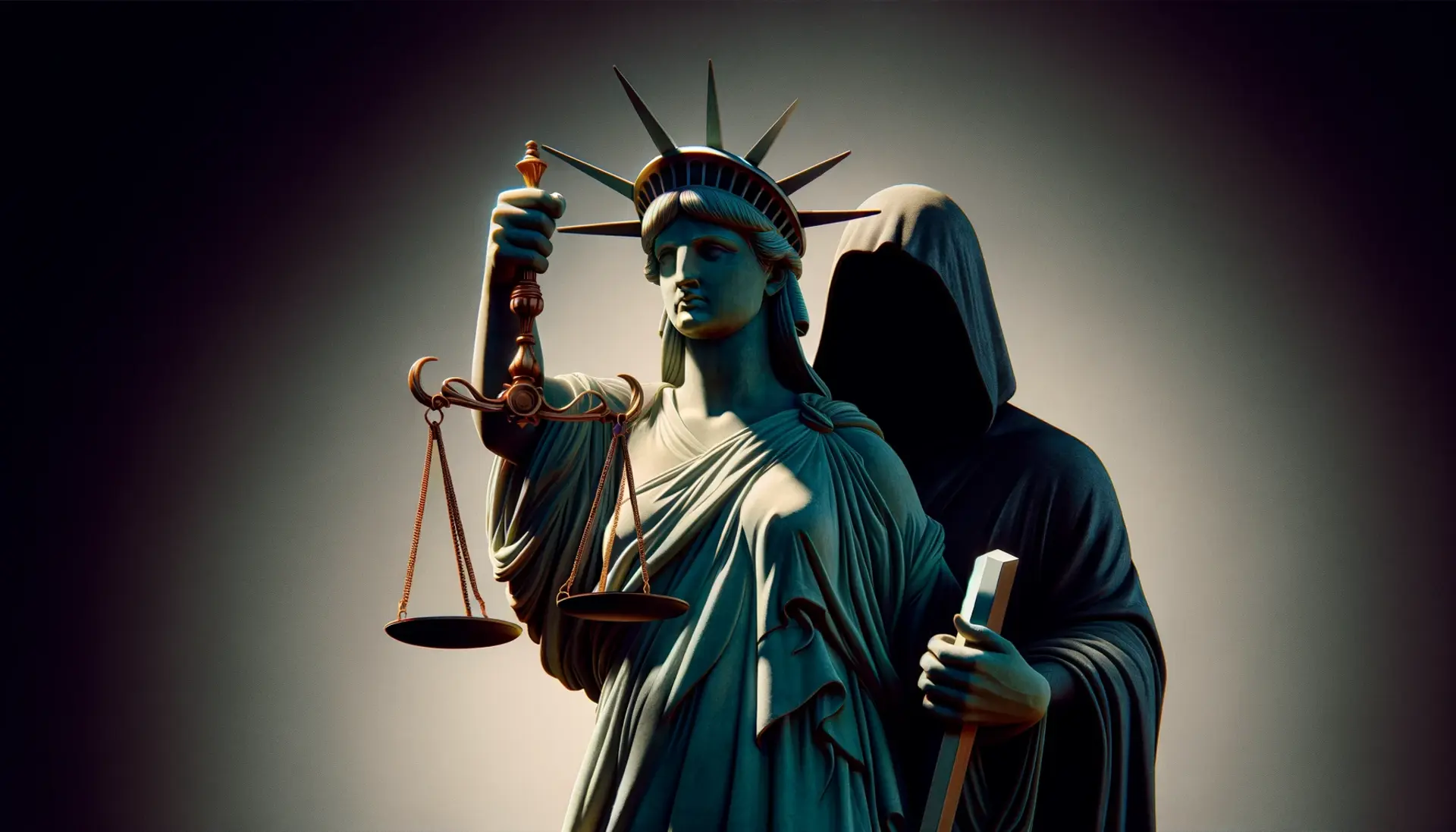For a republic that stands tall on the foundational pillars of liberty and justice, America today confronts an unprecedented ideological manipulation of the legal system. This distortion, primarily driven by liberal ideology, not only undermines the sanctity of the law but also barricades the very essence of liberty that the forefathers championed. It is a slow but lethal war waged against the core American values – a clash that silently erodes the bedrock of a just society, replacing equitable treatment with politicized favoritism.
TL;DR Summary
This article examines how the ideological manipulation of the legal system is compromising American liberty, highlighting cases where justice appears skewed by political biases. We argue for a renewed commitment to judicial impartiality and constitutional adherence, detailing the growing trend of legal decisions influenced by liberal ideology and asserting the importance of action to preserve the fundamental principles of fairness. Essential for a nonpartisan legal system, these steps are significant to uphold true liberty against political distortion.
In what appears as an orchestrated scheme, the legal institution, which once stood impartial and revered, is now being commandeered to serve ideological ends. Flagrant examples abound where legal systems seem to side with perpetrators whose actions align with liberal doctrines, often at the expense of law-abiding citizens caught on the other side of the political spectrum. The phrase "justice for all" is losing its universal charm, as some maneuver through the loopholes created by those entrusted to uphold the law, and others, less fortunate in their ideological positioning, are left grappling with disproportional punishment.
The Fabric of Liberty
At the heart of America's identity lies the unwavering principle of liberty – a driving force that propelled a nascent nation towards democracy. Embedded within the concept of liberty is the freedom to speak, act, and live without undue government restraint, a sacred thread woven into the Constitution's fabric. It's a heritage borne out of struggle and resilience, enshrined in the nation's history, and pivotal to its ethos. The guardianship of these liberties was entrusted to a legal framework meant to maintain balance and fairness, uncompromised by fleeting political trends and biases.
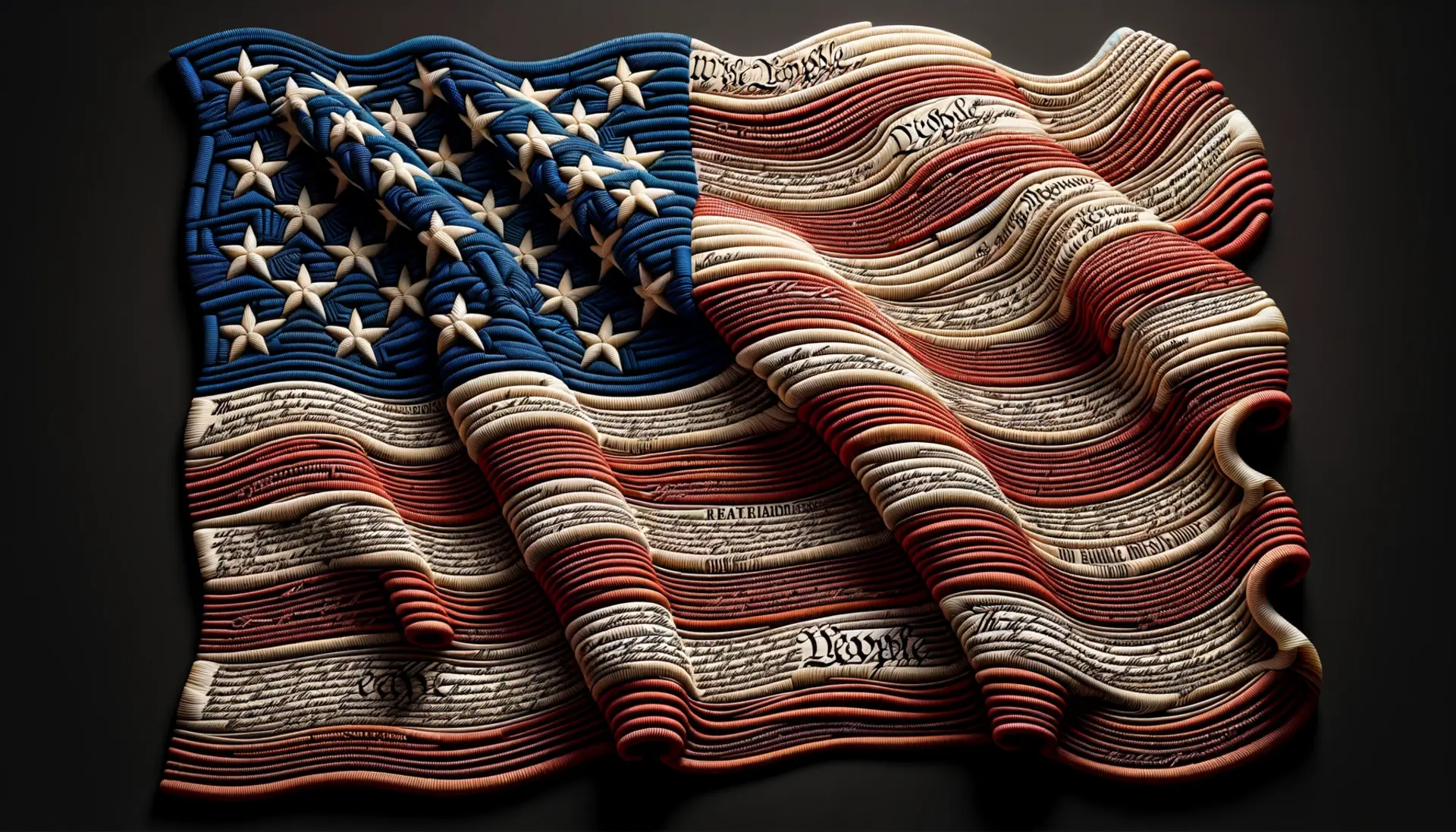
Yet, liberty has become a contested battleground – no longer guaranteed but instead subjected to the whims of judicial bias and political influence on justice. The rule of law, once a steadfast measurement against potential tyrannies, is now facing assaults that follow the pulsating rhythm of an ever-shifting ideological landscape. Where the rule of law erodes, the first casualties are the liberties meant for protection; the breach widens between the law and the people it serves, driving a wedge into the very unity that law is supposed to foster.
Liberal Ideology and the Assault on Liberty
The infiltration of liberal ideology into the bedrock of the legal system signals a profound assault on liberty. Theories and practices that warp the rule of law have become increasingly commonplace, as ideologically driven legal distortions distort interpretations meant to be impartial. The legal skepticism of individual autonomy and economic freedoms—a linchpin of conservative thought—is gaining traction, setting a precedent where liberal values overshadow foundational constitutional principles. Ideological judicial rulings, touted as progressive steps, often compromise the very liberties they purport to protect.
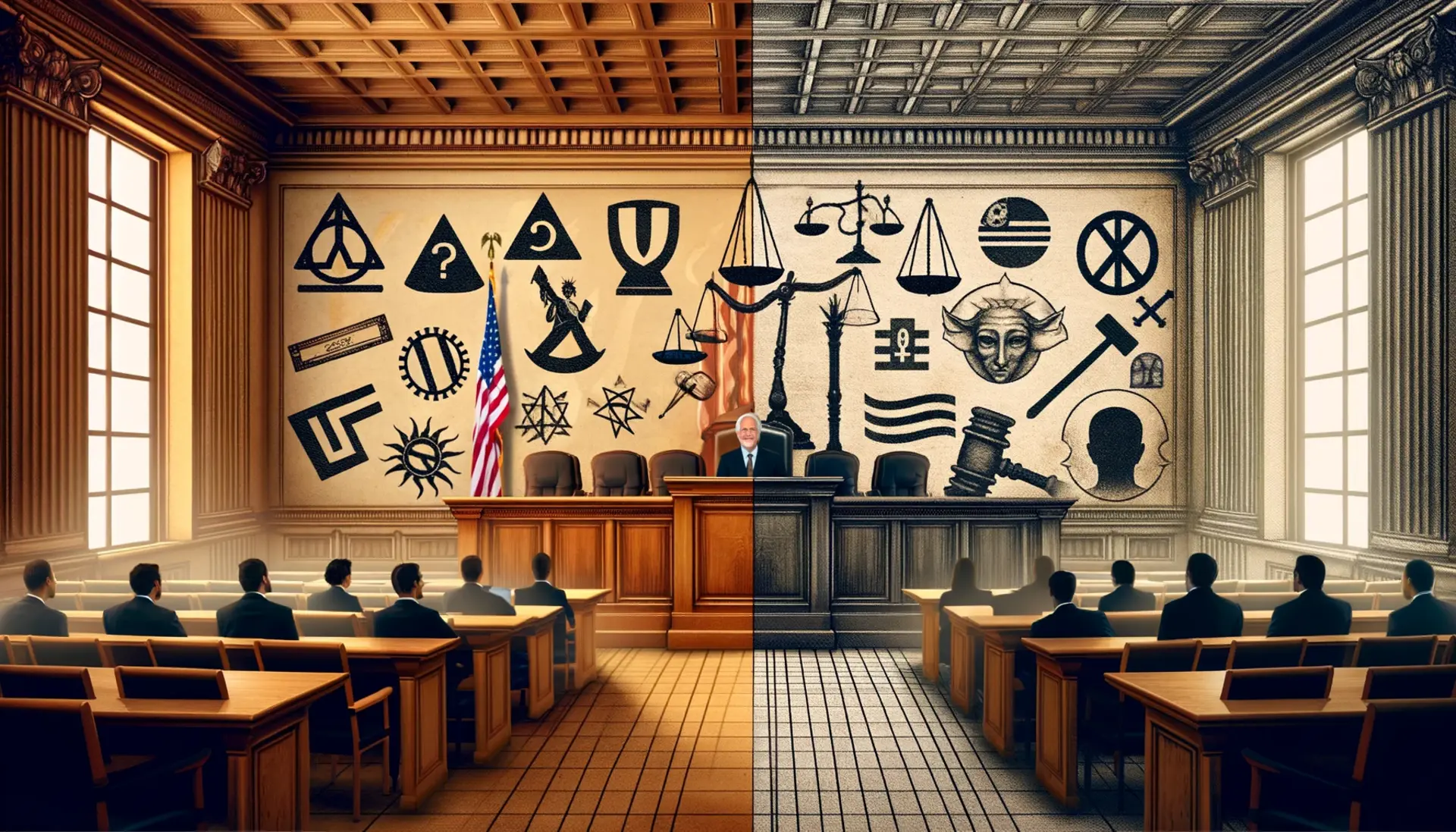
Instances of such ideological manipulation are not restricted to the abstract; they unfold in courtrooms across America. When a rioter receives a mere slap-on-the-wrist for arson while political protesters face severe punitive measures, selective law enforcement becomes glaringly evident. These disparities are not anomalies; they are evidence of a systematic political influence on justice that chooses when and how to apply the law based on ideological leanings. It's the politicization of legal outcomes creating a dichotomy where civil liberties are not universal but granted based on conformity to the dominant ideology.
The impact of such bias reverberates beyond the confines of courtrooms, infringing upon the principle that all are equal before the law. Ideological legal consequences instill a mistrust in institutions that were once the bulwarks against egregious exercises of power. As civil liberties come at risk, society grapples with the creeping normalization of a two-tiered justice system. Here, law ceases to be an instrument of fairness and becomes an enforcer of ideological zealotry – emasculating the enduring American ideal of liberty in the process.
The Weaponization of the Legal System
The legal system, historically admired as the great equalizer, is now increasingly perceived as a weapon of political conflict. When we witness the selective targeting of individuals associated with conservative movements while simultaneously observing leniency towards those whose actions support progressive agendas, the ideological manipulation of the legal system becomes glaringly apparent. This weaponization, characterized by disparate treatment of civil unrest depending on political affiliation, sets a dangerous precedent and further polarizes an already divided nation.
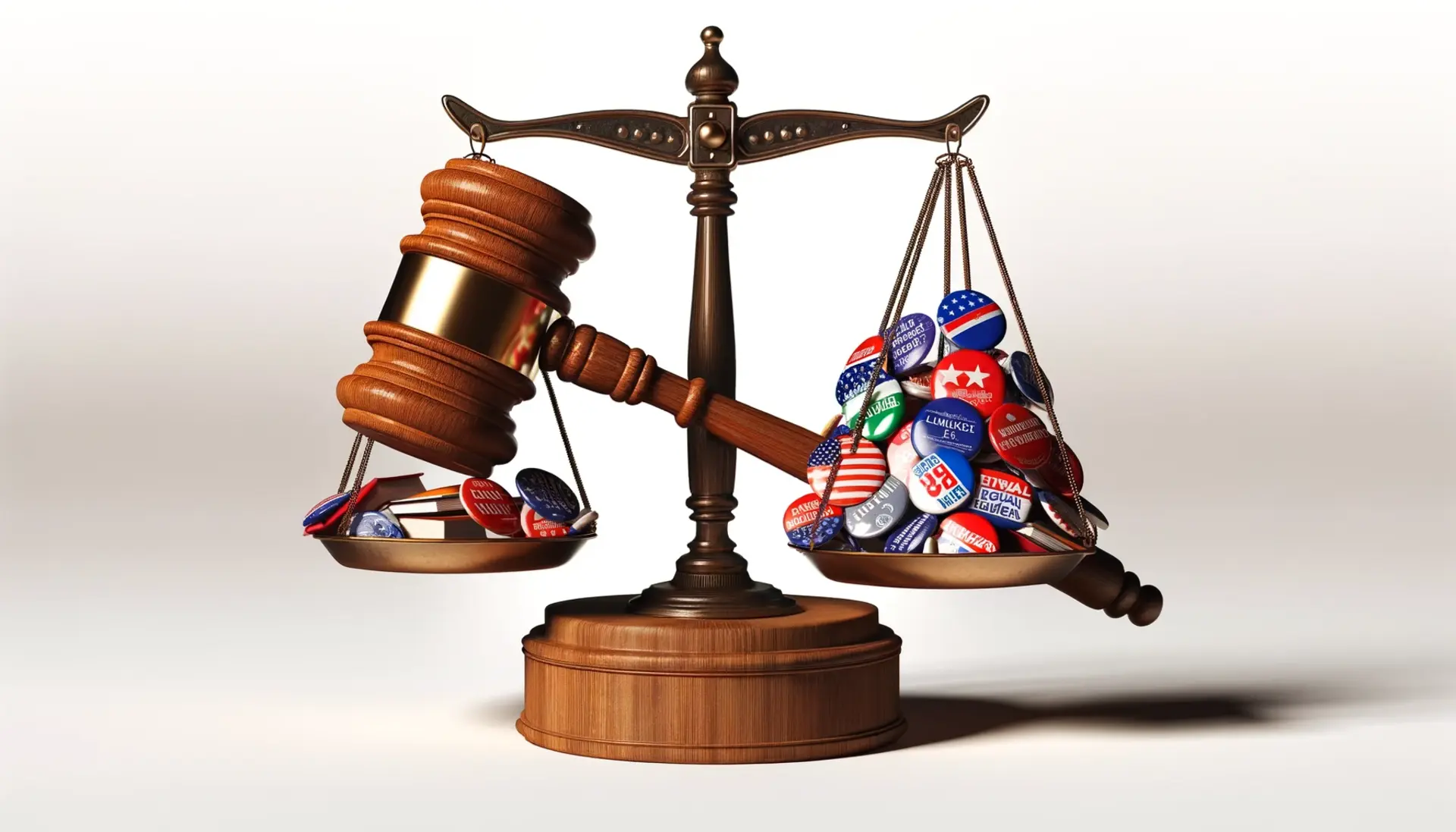
Heightened scrutiny and harsh treatment are meted out to some, whereas others, for comparable or even more severe actions, walk with impunity. Consider the imbalance: a hardworking citizen defending their property during civil unrest can face a barrage of legal hurdles, while those inciting violence in the name of a 'just cause' are often hastily exonerated, if charged at all. This particular brand of justice—serving not the law but a political dogma—undermines the institutions designed to impartially uphold the rule of law.
Stepping back, one cannot help but recognize a pattern—political ideology now plays a role in determining the pursuit and enforcement of the law. The phrase "justice is blind" holds little merit when skewed prosecutorial priorities emerge as a product of political expediency. As more individuals come to view the legal system as a partisan tool rather than the guardian of equitable justice, faith in the rule of law wanes, fostering an environment ripe for skepticism and social unrest.
Examining High-Profile Legal Distortions
One need not look further than the headlines to witness the ideological manipulation of the legal system when high-profile cases surface. For example, consider instances where political figures interfere with due process, exert pressure on prosecutorial decisions, or when legal outcomes heavily depend on public sentiment shaped by a biased media narrative. These scenarios paint a disturbing portrait of the courts not as theaters of impartiality, but as stages for ideological performances, where the scales of justice tip not based on evidence, but on the political leanings of defendants or plaintiffs.

This breeds an atmosphere where high-profile legal decisions are second-guessed and regarded with suspicion. The apprehension stems from a growing concern that judicial appointments and prosecutorial discretion are increasingly anchored to the appointees' political ideologies rather than their adherence to legal principles. The potential for abuse in such a reality is staggering: it raises the possibility that one's political affiliation, rather than the nature of one's actions, could tilt the outcome of a legal proceeding.
As these tribulations unfold, they not only erode trust in judiciary integrity but also trickle down, influencing how everyday Americans perceive their own standing before the law. The perception that ideological allies are spared the heavy hand of justice, while adversaries are pursued with vigor, poses a grave threat to the core values of equality and fairness. Long-term, this selective dispensation of justice not only widens societal divisions but eats away at the shared belief in a common rulebook that governs all, irrespective of creed or cause.
The Social Cost of Ideological Manipulation
The ideological manipulation of the legal system extends beyond the courts and into the streets, where the social fabric of communities is being torn apart by distrust and cynicism. As citizens observe the stark inequalities in legal repercussions between those who commit crimes under politically charged banners and those who merely exercise their constitutional rights, the bedrock of communal accord begins to fracture. The protocol of applying the law consistently is disregarded, giving way to a sense of foreboding injustice that alienates individuals from the very society they contribute to.

This unfortunate shift not only dismantles citizens' belief in fairness and due process but can also catalyze further civil disquiet. When substantial portions of the populace feel dismissed or targeted by the justice system, the reaction can lead to an escalation in tension and, ironically, more violations of law and order. Ensuing breakdowns inflict deep wounds upon community relations - marring the ideals of unity and mainstreaming the notion that adherence to the law is secondary to ideological alignment.
Preserving Liberty: Counteracting the Ideological Tide
To stem the swell of ideological influence in the legal arena, a concerted effort must be marshaled to reinforce the pillars of judicial independence and to reaffirm the primacy of the Constitution. The judiciary must stand as a bastion of neutrality, where decisions are rendered based on the tenets of the law and not the caprices of the current political tide. Advocacy for a merit-based appointment of judges—whose fidelity lies with the law rather than political factions—is crucial for restoration and preservation of balance within the legal system.
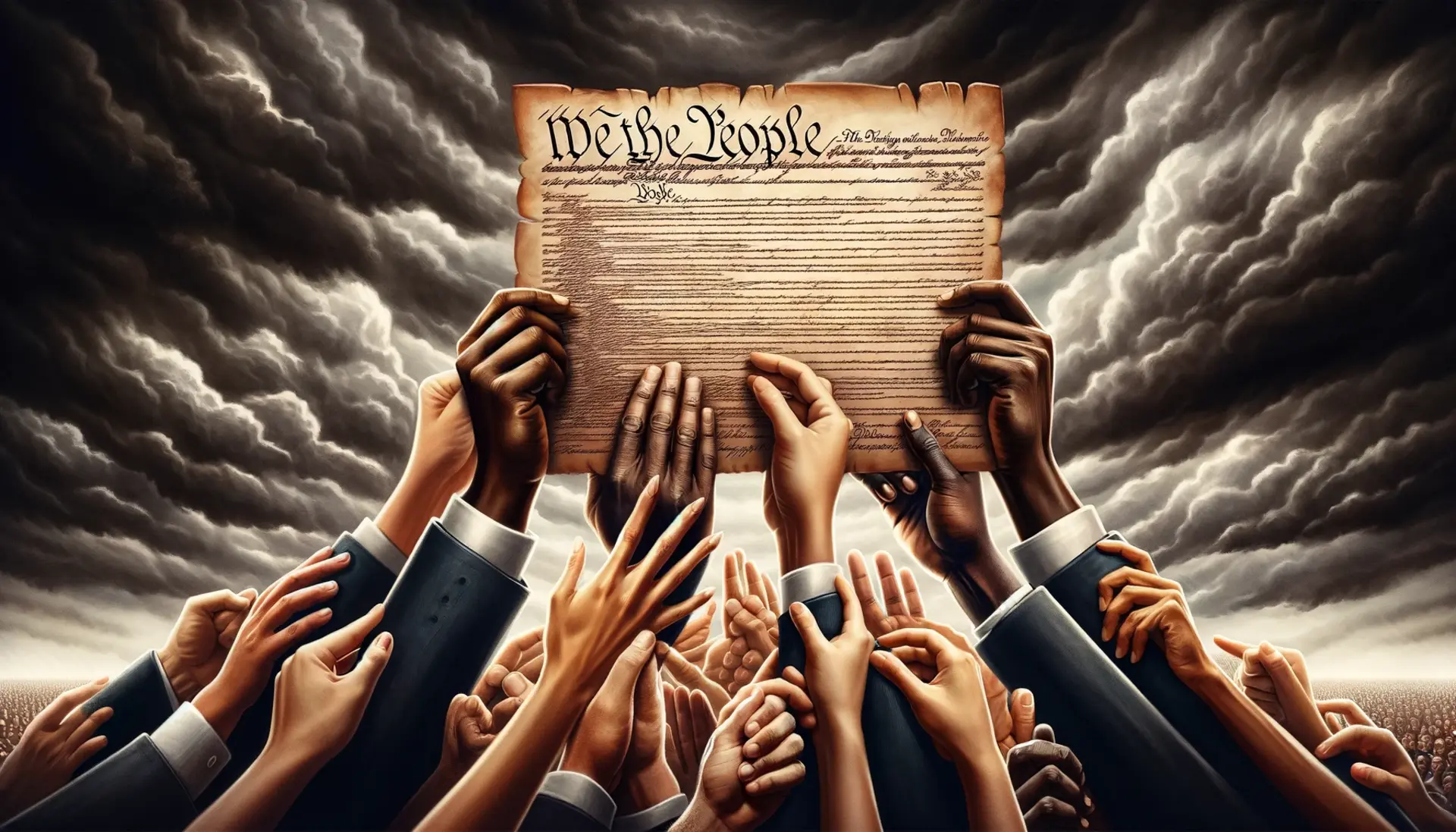
Moreover, civic engagement plays a pivotal role in safeguarding individual liberties against the onslaught of ideological zeal. Educated and vigilant citizens must hold lawmakers and enforcers to account, demanding transparency and fairness in all legal proceedings. There must be a collective revival of the understanding that law, in its purest form, serves the cause of justice, not the agenda of the moment.
Lastly, the legislative arm of the government has a duty to exert its checks and balances on the judicial process, ensuring that any form of prosecutorial overreach is curtailed. Empowering oversight bodies and creating avenues for recourse in the event of judicial malfeasance are instrumental in checking the ideological manipulation of the legal system. Only through such measures can the American citizenry hope to navigate beyond these troubled waters and reclaim the nonpartisan application of justice.
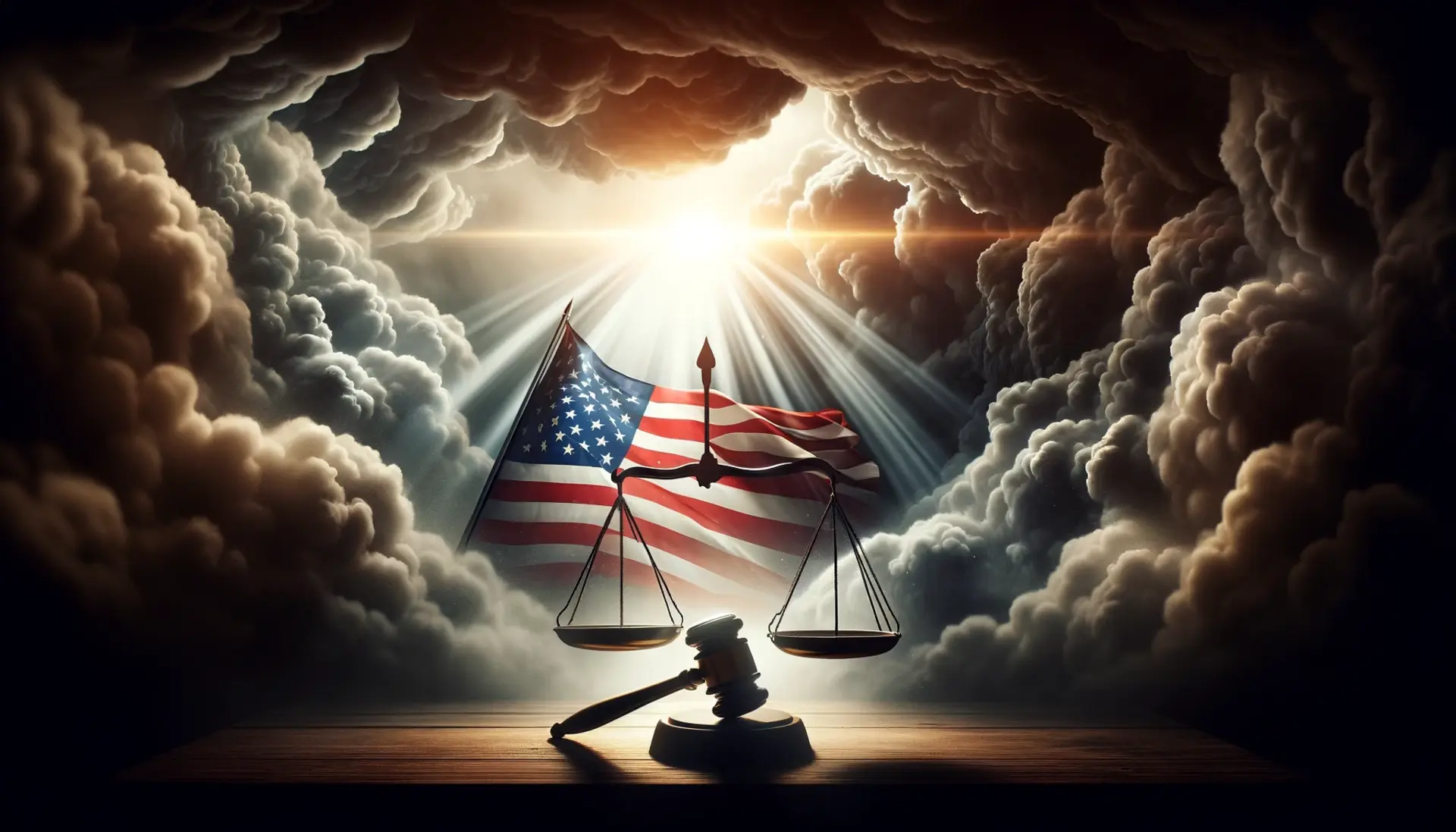
Conclusion
In sum, the ideological manipulation of the legal system poses a formidable threat to the very essence of American liberty, creating fissures in the collective belief in fair and impartial justice. As we move forward, it is of paramount importance that the citizenry, judiciary, and legislative bodies renew their commitment to the foundational principles enshrined in the Constitution. In the face of ideological encroachment, it is crucial for all Americans to stand in defense of the nonpartisan application of the law—to rise above the political fray and reaffirm an unwavering allegiance to the enduring promise of liberty and justice for all.
